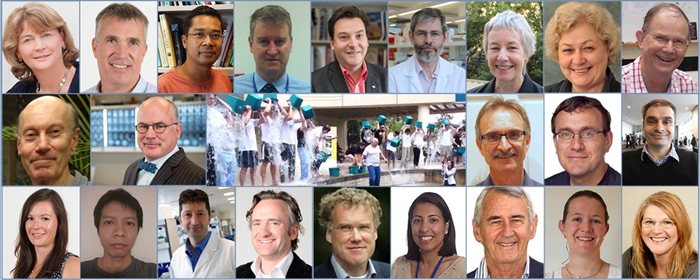MND Australia Ice Bucket Challenge Grant
2019
SALSA Final Report
Click here to view the Report.
SALSA Site Report
Click here to view the Report.
2018
$25 Million, 25 Milestones
The MND Australia Ice Bucket Challenge Grant and SALSA-SGC is one of 25 milestones celebrated in a new landmark report from MNDRIA. The '$25 Million, 25 Milestones: Changing the future of MND' report describes 25 high-impact, MNDRIA-funded projects that are helping to change the future of MND. It celebrates the $25 million that MNDRIA has awarded in grants since 1987, recognises the generosity of the many Australians who funded the research (including the 30000 that donated during the Ice Bucket Challenge) and brings hope to more than 2000 people living with MND in Australia. To read the report click here - the Ice Bucket Challenge Grant can be found on page 12.
November 2017
The 3rd MND Connect
The 3rd MND Connect was held on November 11 2017, a highlight of the MND calendar. Researchers, healthcare professionals and people impacted by MND came together at The University of Sydney for a day of inspiring insights and updates. Presentations covered a range of topics including life with MND, updates on research into the causes of MND, clinical trial updates, and how people with MND can be involved in research. Anjali Henders from the SALSA-SGC presented on the work of the consortium, her talk can be viewed here. All of the presentations and the panel discussion from the day can be viewed here.
Three years after all that ice...
Three years ago the ALS/MND Ice Bucket Challenge was sweeping the world. Donations from 30,000 Australians funded a $1.05 million MND Australia Ice Bucket Challenge Grant awarded by MNDRIA to Professor Naomi Wray and Professor Ian Blair to set up a consortium of MND researchers – SALSA-SGC. The consortium has now been established and in the field since April 2016. To read more about how the consortium has progressed - click here.
2016
The 2nd MND Connect
The 2nd MND Connect was held on October 22 2016 at the Queensland Brain Institute. The MND community, researchers and clinicians came together to discuss MND research. The presentations from the day covered a range of topics from gene discovery to clinical trials, and the current status of stem cell research. Anjali Henders from the SALSA-SGC presented the background and aims of the consortium, and introduced the research protocol and website portal. All of the talks from the day can be viewed here.
2015
The search for new risk genes and therapies to treat MND is set to accelerate with the announcement of the $1.05 million MND Australia Ice Bucket Challenge Grant that will bring together clinicians and researchers from Australia’s leading MND centres.

Project overview
This is the largest collaborative MND project to be undertaken in Australia. It will be led by Professor Naomi Wray of the University of Queensland’s (UQ) Queensland Brain Institute and Associate Professor Ian Blair of Macquarie University.
The Sporadic ALS Australian Systems Genomics Consortium (SALSA-SGC) comprises sixteen researchers from nine MND centres across Australia who will work together to build an integrated infrastructure for the collection and analyses of biological samples and clinical data. This pooled expertise will lead to a better understanding of the causes of sporadic MND.
According to Professor Wray the biology of MND is complex and poorly understood, but there have been dramatic advances in MND research in the past five years.
“These advances have been driven, almost entirely, by gene discoveries from the small number of families with more than one affected individual,” she said.
For the vast majority (90% of all cases) of those with MND the diagnosis is sporadic, meaning they have an isolated case with no family history of the disease.
Recent developments in technology have revealed that people with sporadic MND may have genetic changes that could be risk factors for MND. SALSA-SGC aims to collectively identify new risk genes through whole genome analysis.
This initiative will generate a research resource that will underpin future research and enable people living with MND to benefit from advances made through genomic medicine.
Funding and grant review
All funds for the grant came from over 30,000 Australians who donated to MND Australia’s research arm, the MND Research Institute of Australia (MNDRIA) during last year’s MND Ice Bucket Challenge. This has enabled the largest grant ever awarded by MNDRIA. It will provide $350,000 per year over three years.
Seven grant applications were reviewed and scored by four eminent international MND research experts:
• Dr Brian Dickie, Director of Research Development, MND Association UK
• Professor Emeritus Andrew Eisen, Neurology UBC, Vancouver
• Professor Orla Hardiman , Neurology, Trinity College, Dublin
• Professor Emeritus Michael Swash, Neurology, London UK
When scores were tallied, the Sporadic ALS Australian Systems Genomics Consortium ranked highest.
